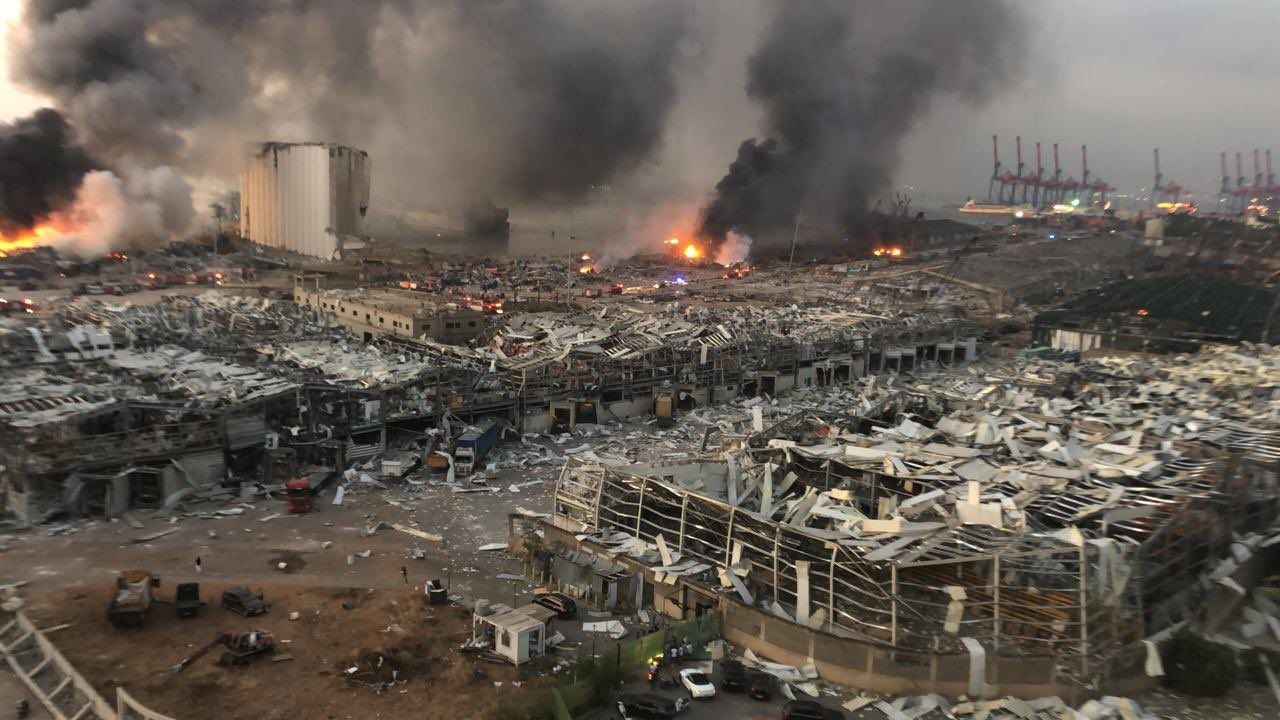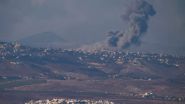
Igor Grechushkin was arrested on September 5 at Sofia Airport in Bulgaria, after arriving from Paphos, Cyprus, on the basis of an Interpol red notice. The news was reported by AFP, citing a Bulgarian judicial source on condition of anonymity.
A 48-year-old Russian-Cypriot national, Grechushkin had been identified by the ship’s former captain, Boris Prokoshev, and designated by Lebanese authorities as the owner of the vessel that carried the ammonium nitrate behind the devastating double explosion at Beirut port on August 4, 2020.
Following his arrest, Grechushkin appeared before the Sofia court on September 7 and was “placed in detention for a maximum period of 40 days,” according to the court’s spokesperson.
Under Bulgarian law, the requesting authorities, in this case, Lebanon, have 40 days to submit the necessary documents justifying the extradition.
According to local media, the Lebanese prosecutor’s office is preparing an official extradition file. Transmitted via the Ministry of Justice, the dossier must provide Bulgarian authorities with the legal grounds for handing over the suspect, in order to advance the investigation led by judge Tarek Bitar.
Experts say several scenarios are possible: extradition to Lebanon, continued detention in Bulgaria, or transfer to Russia, Grechushkin’s country of origin. Investigators hope his interrogation will shed light on the origin and final destination of the ammonium nitrate shipment, as well as the identity of its true owner.
From Igor Grechushkin to Charalambos Manoli
Though holding Russian and Cypriot citizenship, Grechushkin is said to have merely chartered the vessel on an occasional basis. Contrary to some media reports, he may have been the ship’s operator but not its actual owner.
According to a 2020 investigation by the Organized Crime and Corruption Reporting Project (OCCRP), the real owner of the Rhosus was Cypriot businessman Charalambos Manoli, who allegedly set up a complex network of shell companies to conceal his role. This opaque structure also saw him named in the Panama Papers alongside prominent figures of offshore finance and money laundering.
A former maritime inspector, Manoli reportedly built a fleet of shipping companies with controversial practices. Some of these firms are said to have helped secure seaworthiness certificates for the Rhosus, allowing it to operate despite technical deficiencies.
The OCCRP also reported that in 2011, Manoli benefited from a loan issued by FBME Bank, the Cypriot branch of the Federal Bank of Lebanon, headed by Ayoub-Farid Saab and Fadi Saab. Three years later, the bank came under US Treasury scrutiny, accused of money laundering, financing terrorist organizations, including Hezbollah, and facilitating the purchase of chemical weapons for the Syrian regime.



Comments